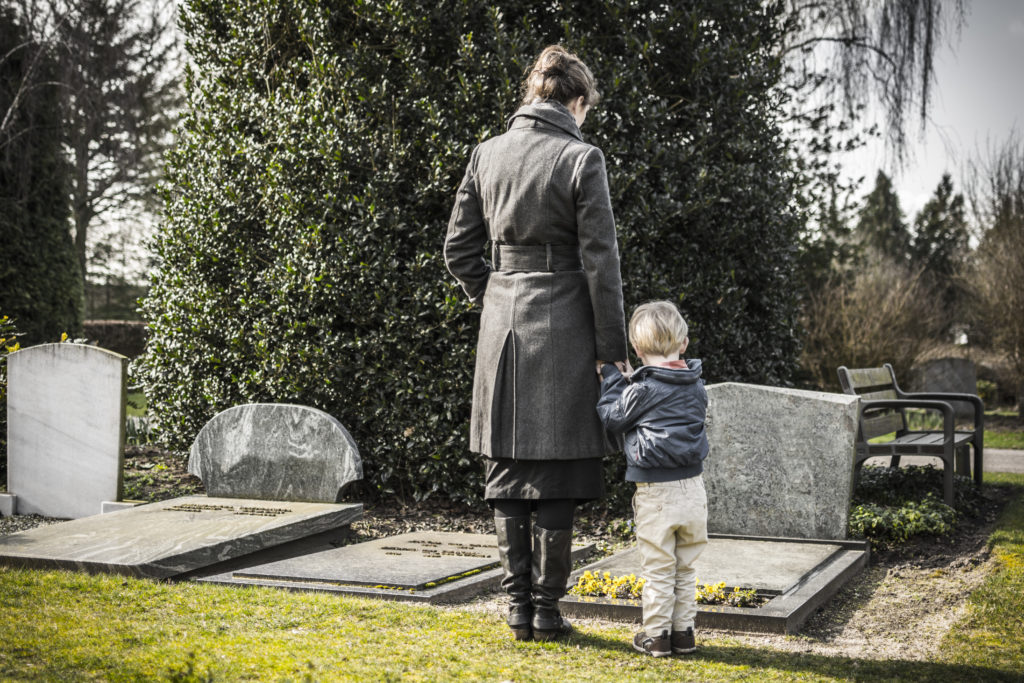We are recognised as authorities in our specialised fields. We publish newsletters with informed opinions that are free for you to subscribe to.
Your life can change in an instant
I have again been reminded of how life can change in a nano, or even picosecond. The moment you find out that a significant someone has passed. I’ve been reflecting on how many people that one person reaches and affects. My partner’s best friend/confidante/buddy/flatmate and best man died suddenly. What made it unbelievable was that he was the skinniest, fittest and youngest in the small tight knit band of brothers.
As my empathy for his immediate family grew, so did my questions on ‘what happens now?’ He is survived by a wife and family (although grown up children – still difficult for each and every one of them). I kept thinking of the shock we received, and trying to imagine how his wife’s loss must feel. I am sure that waking up each day would be bring such a harsh reality of what had happened, do you relive it each time? Do you just try to make it through the day and hope that one day you laugh a little more, feel a little less devastated and eventually just learn to live differently?
I also started asking myself the practical questions; did he have a will? Does she have sufficient funds to clear debt? Was there a joint account or personal accounts that are now unavailable?

These are all questions that we should know the answers to should the unbelievable happen to us. And if we do, are those answers the right ones to make things a little easier on those we leave behind. It’s hard enough to grieve and deal with the world when it feels like a dark and lonely place (even with family, friends and support) without having to deal with the aftermath and practicalities of your loved one’s death.
Here are some things that are good to know:
If it’s an unexpected death, you would have notified the authorities (like calling an ambulance). Depending on how the person died the ambulance service or police will direct you to the right authorities.
Before a body is buried or cremated, a medical certificate signed by a doctor or nurse is needed, or a coroner to authorise the release of the body.
If you’re managing someone’s estate, you’ll need to do some things like; cancel any benefits or pensions, let the IRD know the person has died and do a final tax return, cancel their passport and driver licence.
Things that are in your control:
The funeral and burial or cremation organisation. You can use a funeral director or organise it yourself. There are rules about where and how you can be buried or cremated, and where ashes can be scattered.
Sort out your finances and create a will.
What if you don’t have a will?
The internet says that there are that around 1500 people that die in New Zealand every year without a will. This is called ‘dying intestate’. Section 77 of the Administration Act 1969 sets out who benefits if a person ‘dies intestate’ without a valid will.
- Has a spouse or partner, but no living parents or children, the spouse will get all the assets.
- Has a spouse or partner, still has living parents, the spouse is entitled to the personal chattels plus $155,000 and two-thirds of anything that is left, with the parents receiving the remaining third.
- Those with a spouse and children will see part of the estate go to the children.
- If the deceased has children, but no partner or spouse, then the children will receive the estate in equal shares.
- Parents, siblings, grandparents and aunts and uncles will receive set portions of the estate when there are no other relatives.
- In a situation where the deceased has no family, the estate will pass to the state
You probably know someone (if it’s not yourself) who says they are in the process of getting their will sorted or insists that they don’t need one. Stop, pause, think – we all need one. We all need to ensure that we have our wishes documented to make things easier for the loved ones left behind.
And what if you are a business owner? Do you have that sorted? Will your business continue? If you haven’t answered these questions, give us a call, we can help.
If you don’t know where to begin, want to talk through something, or have a specific question but are not sure who to address it to, fill in the form, and we’ll get back to you within two working days.
Find out about our team
Look through our articles
Read more about our history
Business Advisory Services
Tax Specialist Services
Value Added Services
Get in touch with our team
Want to ask a question?
What are your opening hours?
AML & CFT Act in New Zealand
Events with Gilligan Sheppard
Accounting software options
Where are you located?
Events

